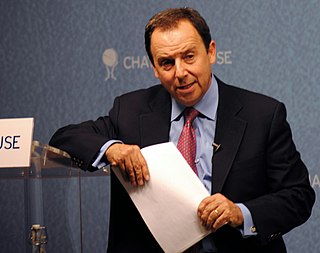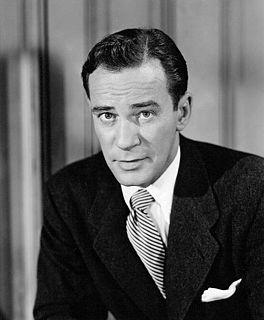A Quote by Ayn Rand
If one's actions are honest, one does not need the predated confidence of others.
Related Quotes
I don't like people who speak or think in terms of gaining anybody's confidence. If one's actions are honest, one does not need the predated confidence of others, only their rational perception. The person who craves a moral blank check of that kind, has dishonest intentions, whether he admits it to himself or not.
If we can manage to refrain from harming others in our everyday actions and words, we can start to give more serious attention to actively doing good, and this can be a source of great joy and inner confidence. We can benefit others through our actions by being warm and generous toward them, by being charitable, and by helping those in need.
Confidence is not lodged in people's brains, it comes from the support system that surrounds them. Let's not confuse confidence overall with just self-confidence. Self-confidence is only one part of confidence. People also need confidence in others - their colleagues and leaders - that they can count on them to do the right thing and not to let them down.
If you Need to convince others that you’re happy, then you have Not found real Joy.
If you Need to impress others with material objects, then you do Not understand true Wealth.
If you Need to correct others, then you have Not looked in the mirror.
If you Need to put others down, you have Not connected to your Higher Self.
Know Yourself. Be Honest with Yourself. Don’t be a teacher or judge, be an... Example.
The calamities of tragedy do not simply happen, nor are they sent; they proceed mainly from actions, and those the actions of men.We see a number of human beings placed in certain circumstances; and we see, arising from the co-operation of their characters in these circumstances, certain actions. These actions beget others, and these others beget others again, until this series of inter-connected deeds leads by an apparently inevitable sequence to a catastrophe.
The Christian is free from all other human beings. He does not have to live over against others, controlled by their actions and responses. Rather, he lives according to Christ's commands. This is Christian freedom. It is a freedom unknown by others. It is not just when others do the things that we like that we act properly toward them; we are free to do good even when they don't because our actions are not dependent on their responses. It is the Lord Christ when we serve!
To resort to power one need not be violent, and to speak to conscience one need not be meek. The most effective action both resorts to power and engages conscience. Nonviolent actions does not have to get others to be nice. It can in effect force them to consult their consciences. Nor does it have to petition those in power to do something about a situation. It can face the authorities with a new fact and say: Accept this new situation which we have created.
The quality of everything we do: our physical actions, our verbal actions, and even our mental actions, depends on our motivation. That's why it's important for us to examine our motivation in our day to day life. If we cultivate respect for others and our motivation is sincere, if we develop a genuine concern for others’ well-being, then all our actions will be positive.
I could say analogously that tolerance is the affable appreciation of qualities, views, and actions of other individuals which are foreign to one`s own habits, beliefs, and tastes. Thus being tolerant does not mean being indifferent towards the actions and feelings of others. Understanding and empathy must also be present.




































